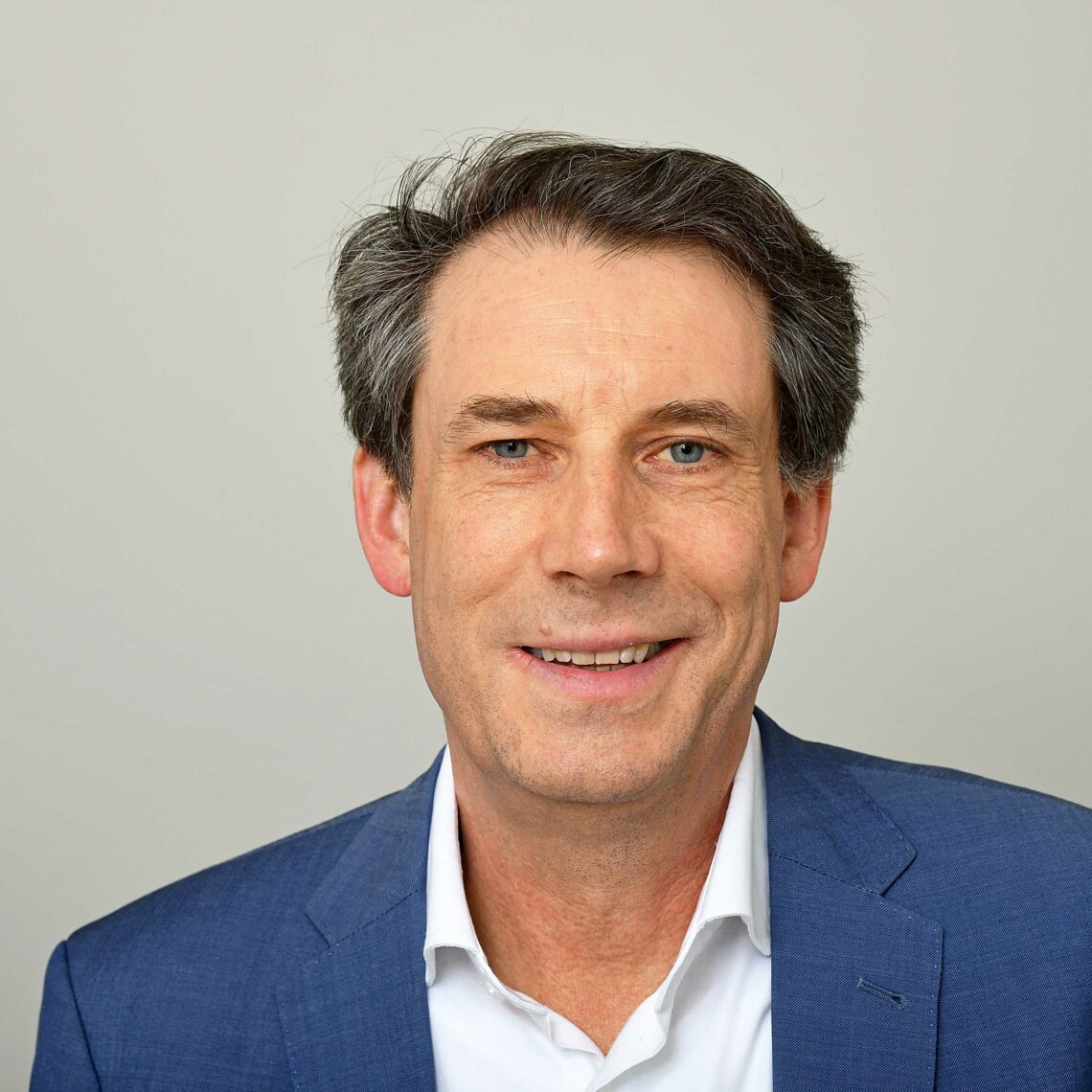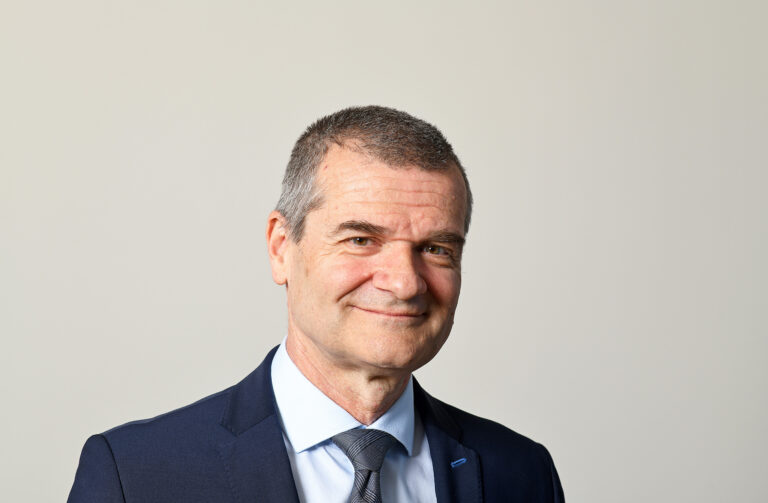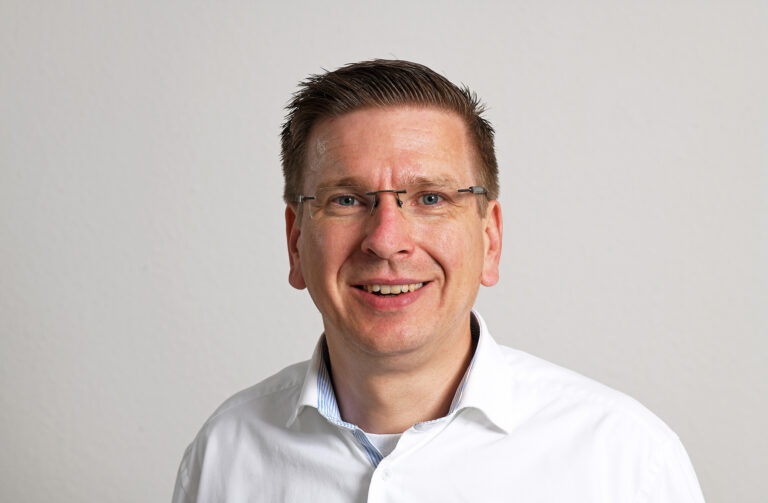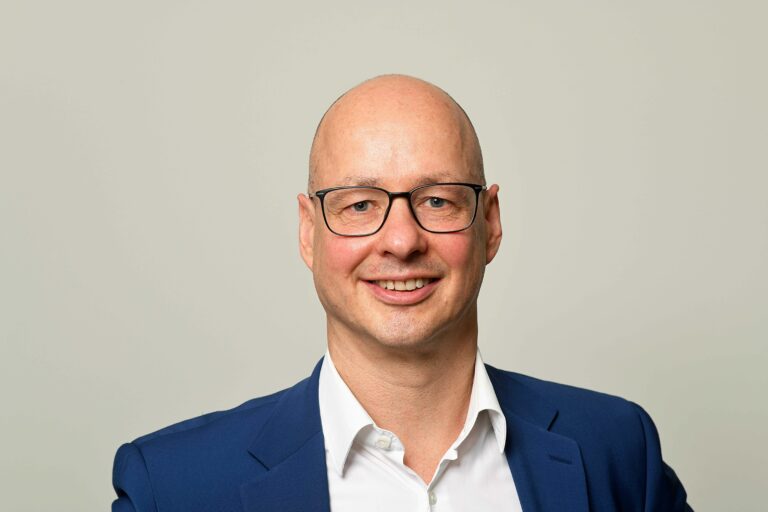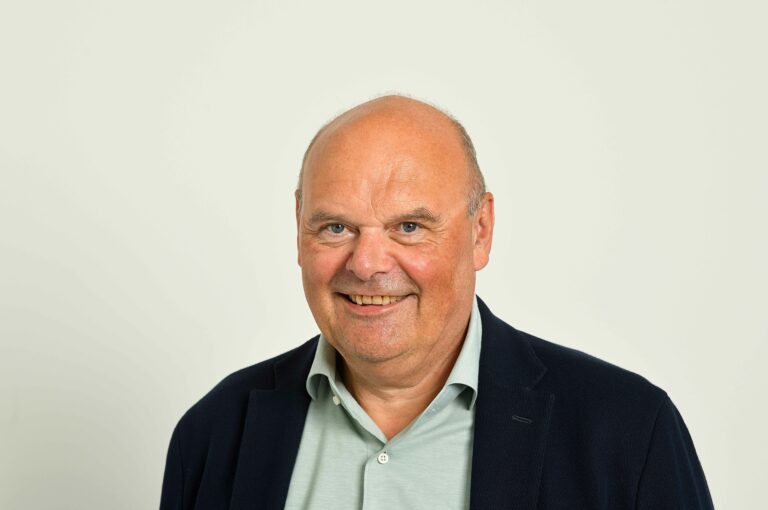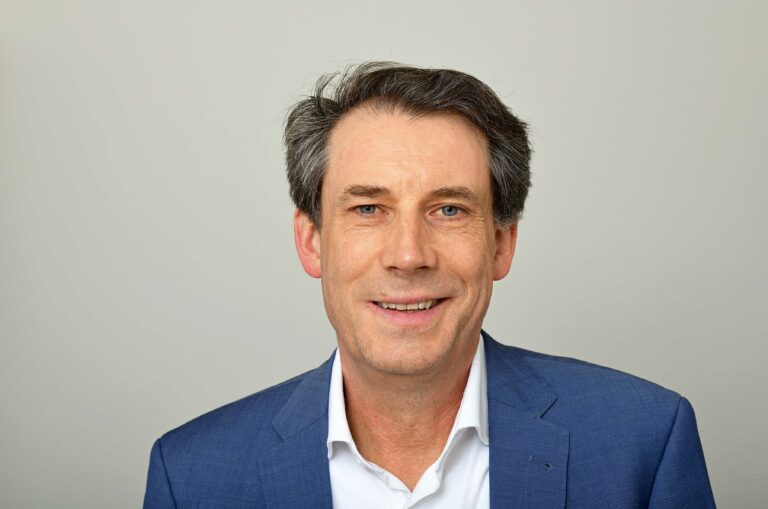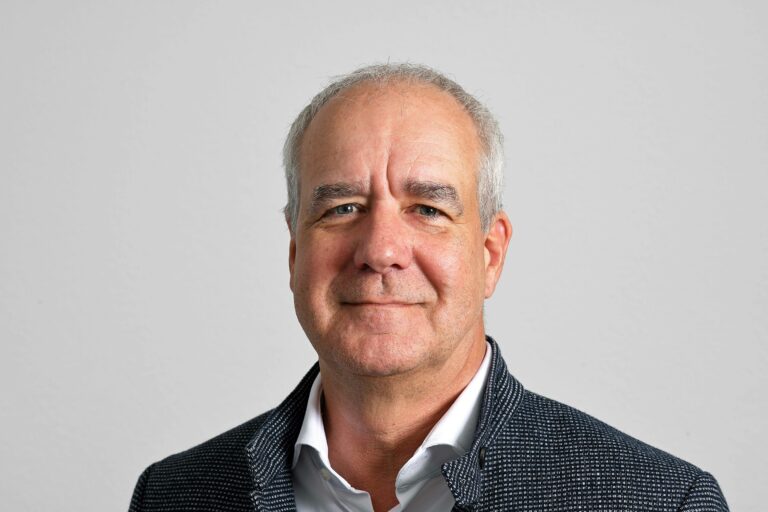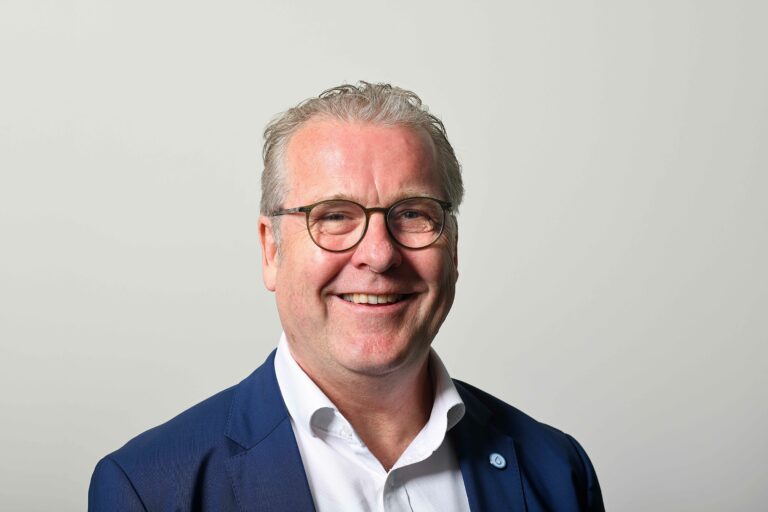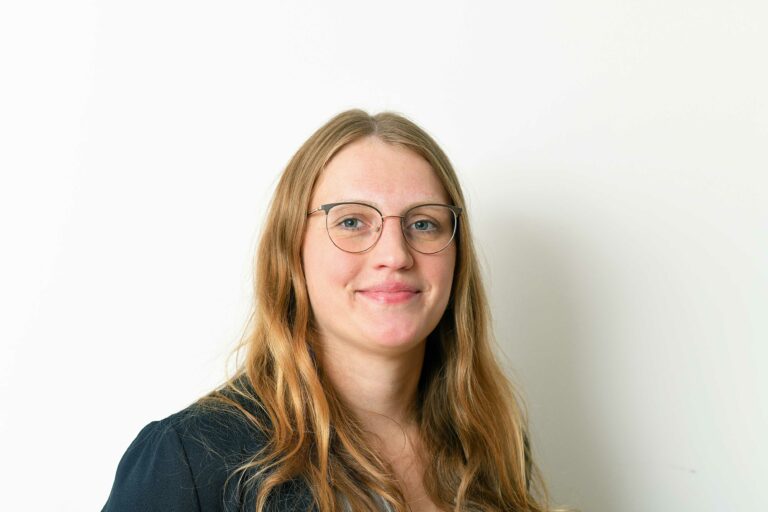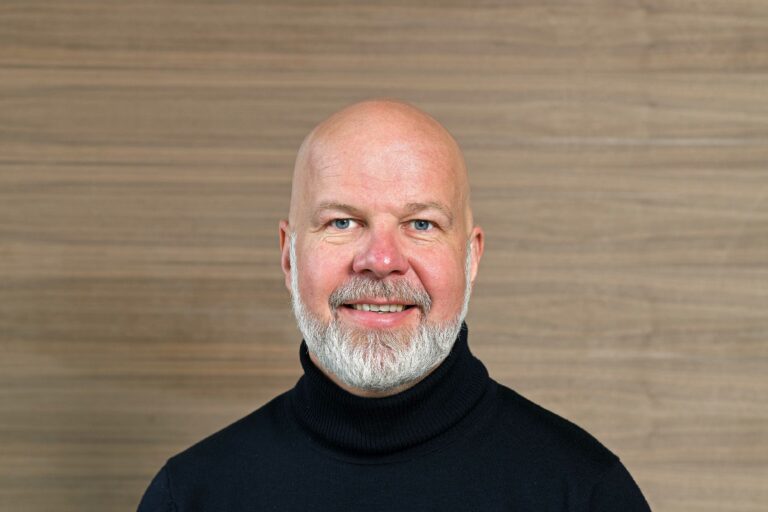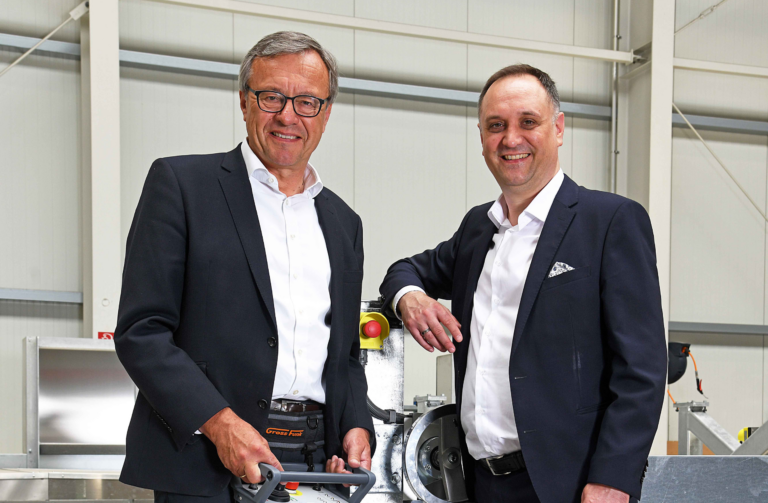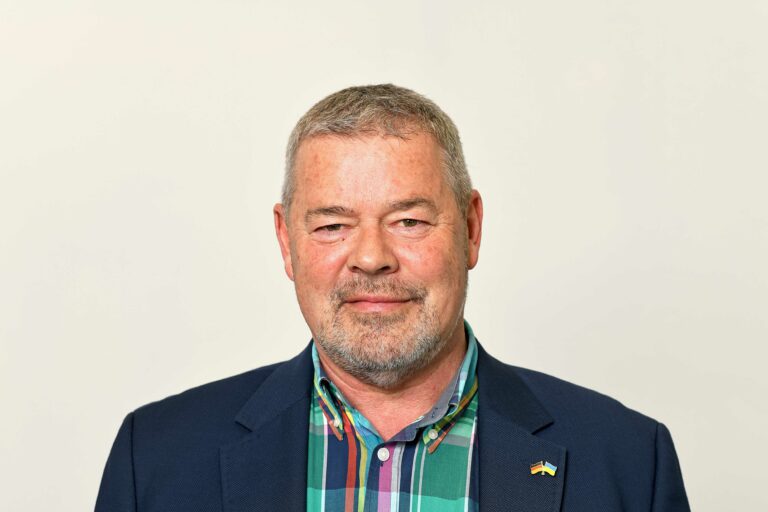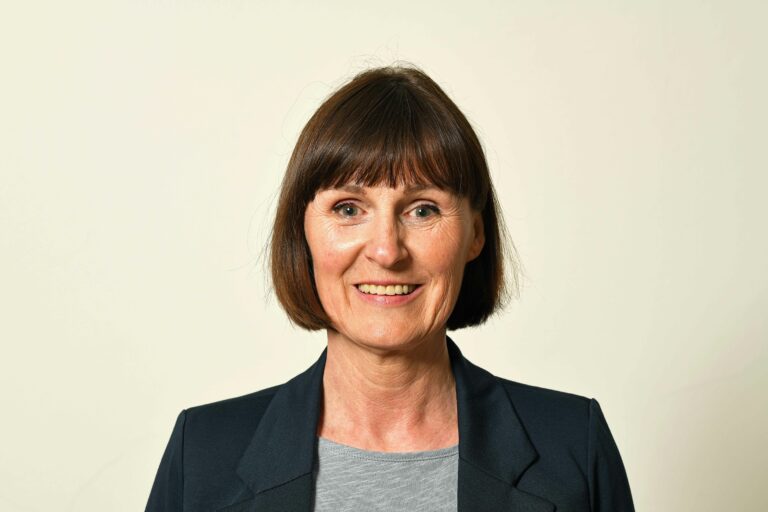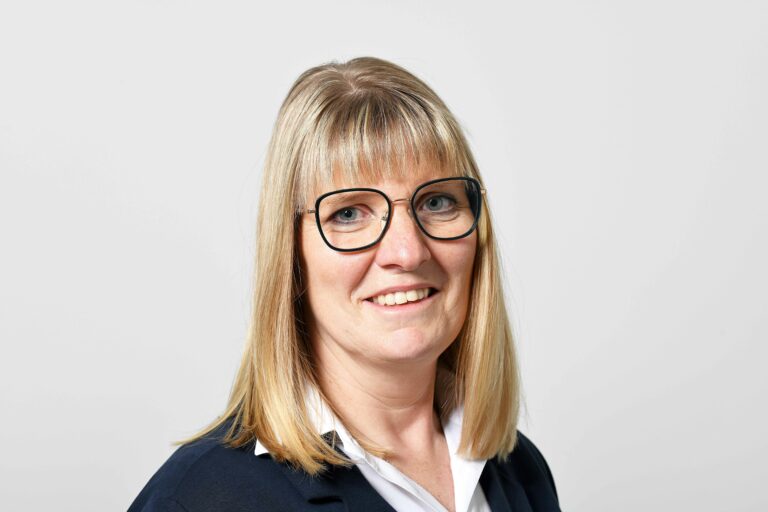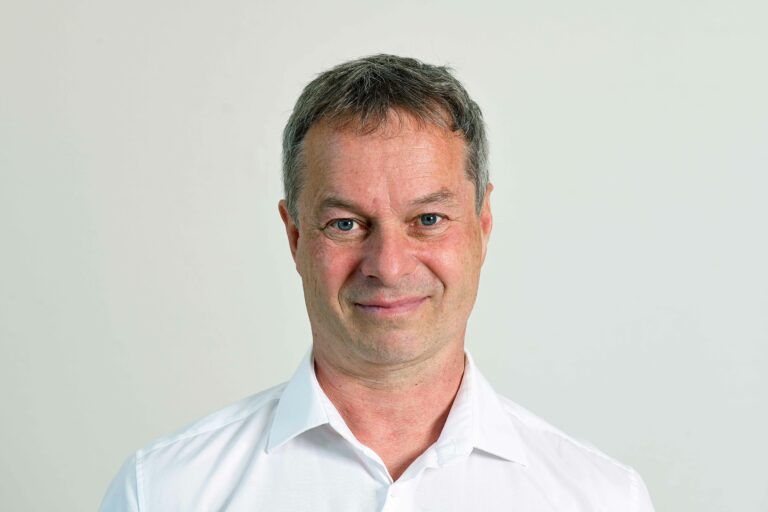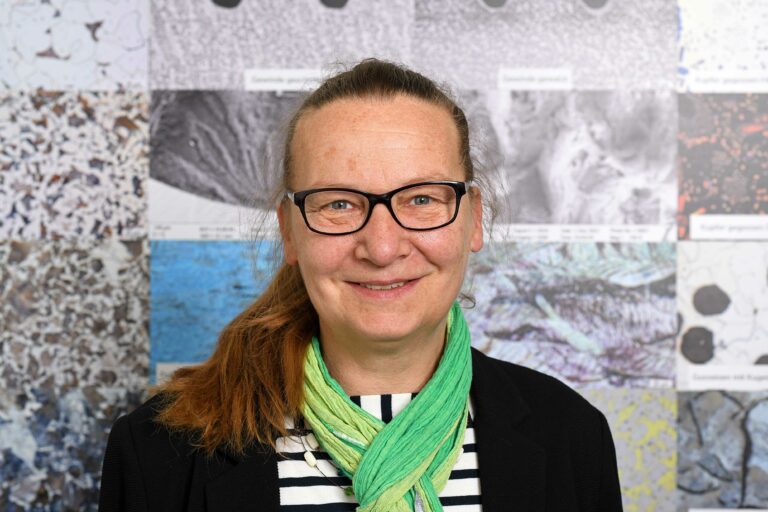Modern technology simplifies workflows in many areas. Small and medium-sized businesses also have a growing need to optimise their processes and implement new technologies in their everyday routines. The Fraunhofer Institute for Computer Graphics Research (IGD) in Rostock is an important partner when it comes to finding the right solutions for data visualisation.
“We help companies to become more innovative so that research developments can be put to good use for the economy”, says Prof. Dr.-Ing. Uwe Freiherr von Lukas, site manager at the Fraunhofer IGD in Rostock. “Our team of experts is the go-to partner particularly for small and medium-sized businesses that don’t have their own research department”. The institute focuses on software solutions for visual computing, a discipline of computer science that deals with images and 3D models. “To put it simply, it’s a case of collecting data from images and also visualising data in images, such as virtual or augmented reality”, explains Prof. von Lukas. This makes it possible to use even large quantities of data. Key industries include maritime technology and healthcare as well as bioeconomics and infrastructure. Current projects focus in particular on applied system solutions for agriculture, including sensor-based identification of plant species in grassland, image-based detection of lameness in cows or visualising growth parameters with an app.
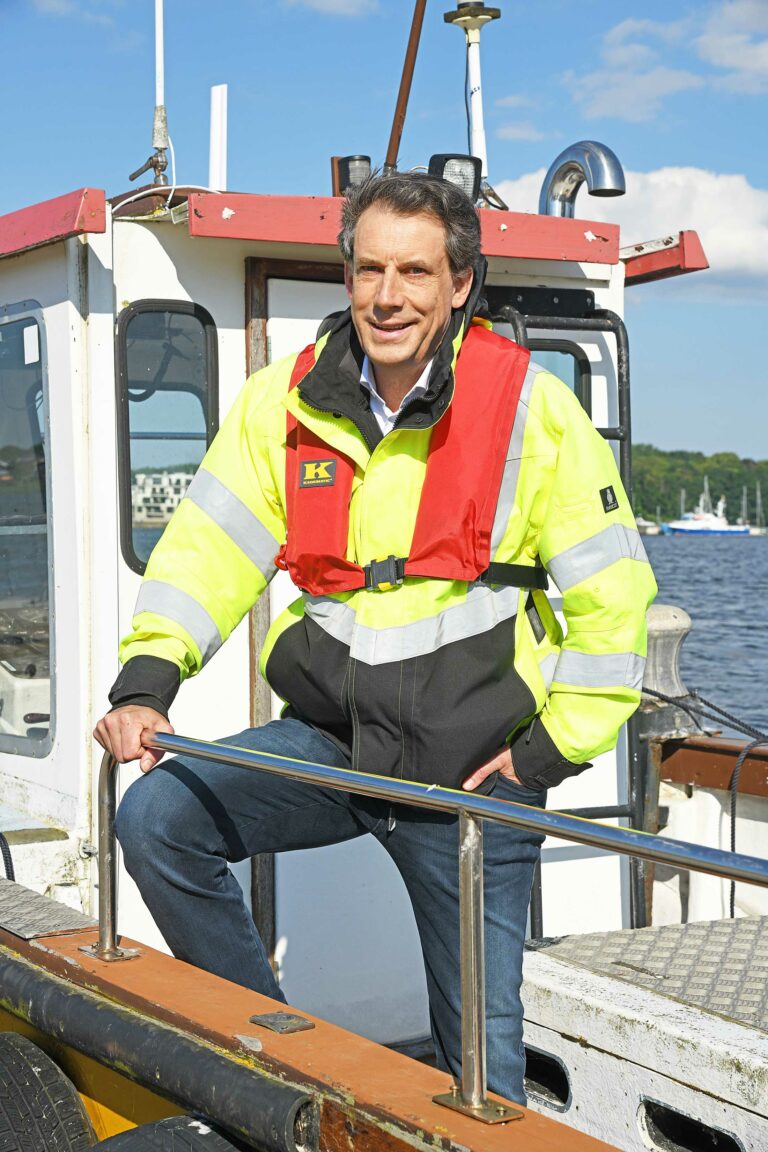
Companies often approach the Fraunhofer Institute with highly specific queries or product ideas. Cooperation with ZF Airbag Germany GmbH is just one successful example. Well over 100,000 airbag inflators leave the company’s factory in Rostock every day and are dispatched to customers around the world. As safety-critical components, the inflators are subject to strict quality controls. Until now, the visual final inspection in the factory consisted of conventional image processing procedures sup-plemented by manual inspection which was carried out by the production staff. Deviations from standard, such as minor damage or foreign objects that impair the functioning of the airbag, were flagged up by the system for a manual image inspection. If the suspected defect was confirmed, an employee would extract the part and check it by hand. With more than ten production lines delivering a finished inflator every four seconds, this put the employees under enormous pressure. Delays in the process and rechecks cost time and money. The Fraunhofer IGD was commissioned with a research project, which involved conducting a feasibility study and presenting options for opti-mising the final inspection stage. The research team then de-veloped the AI-based AEOLIA software for visual final inspection of airbag inflators to save time and costs during quality assuran-ce, while reducing pressure on the staff at the same time. Following a successful pilot phase, the software was validated in the Rostock factory over a two-year period to ensure the high-performance demands were met. ZF Airbag Germany GmbH meanwhile also uses the application in its other factories in South Germany, the USA and China.
Prof. von Lukas moves on to another project, this time in the field of maritime technology which is also his own particular research focus. Since July 2020, he has held the professorship for Maritime Graphics at the Faculty of Computer Science and Electrical Engineering at the University of Rostock. The project required the development of a system to analyse underwater footage that would make it easier to monitor fish populations in waters. Hitherto[K1], biologists had to evaluate video footage manually, which could take several hours or even days. “We have developed software to automate the process that now only needs ad hoc adjustment by staff”, explains Prof. von Lukas. “As a result, far larger quantities of data can be evaluated in much less time. AI is constantly improving in this respect and helps to make these work pro-cesses more efficient.”
The Fraunhofer IGD in Rostock provides excellent conditions for research together with special laboratories, including the Digital Ocean Lab, an under-water test field for marine technology in the Baltic Sea, which started its work in 2021. It is located off the coast at Nienhagen and is designed to work in close cooperation with the structures of the Ocean Technology Campus on the site of Rostock’s fishing port. “The Digital Ocean Lab is the first facility of its kind to offer a real-life environment for testing state-of-the-art marine technology solutions. The aim is to make future utilisation of the seas as efficient and economically compatible as possible”, says Prof. von Lukas. All kinds of underwater tests are conducted here.
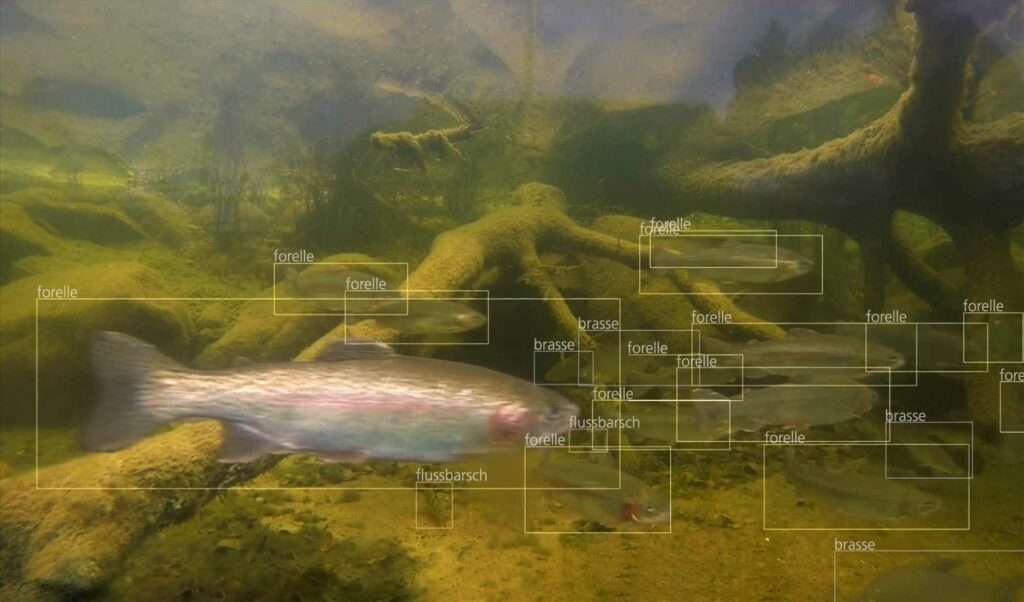
The institute also takes a pro-active approach when it comes to its own proprietary developments, contacting companies about practical cooperation and joint projects. These include for example the “Visual Computing as a Service” joint project funded by the state of Mecklenburg-Western Pomerania in the framework of the European Regional Deve-lopment Fund to develop a cloud-based engineering platform for the maritime sector. The project partner in this case was the software company S.K.M. Informatik GmbH. The concept is based on the Visual Computing as a Service technology developed at the Fraunhofer IGD using SKM’s expertise and software components. The development focused particularly on specific use cases and current shipbuilding requirements. One important service to be derived from this is scatter plot analysis. The background for the project consists of CAD models which are usually taken as the basis for most planning activities involved in shipping, plant construction and also architecture. Laser scans are often used for current state detection. A highly laborious process is then necessary to convert the resulting data into CAD data that can be put to further use. Depicting or deriving scatter plots from the obtained data should make it easier to compare the current state with the planning data. The infra-structure and services developed by the Fraunhofer team were sent via API (Application Programming Interface) to the project partner SKM Informatik GmbH who used the Fraunhofer technology to produce applications tailored to their own users.
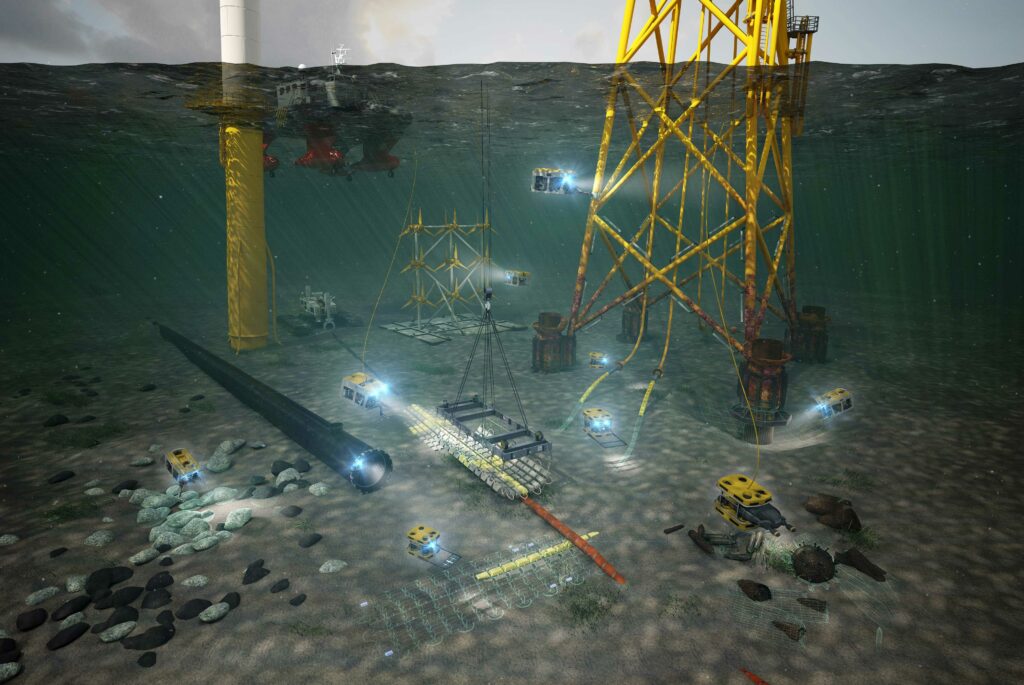
Good networking is indispensable for managing the numerous contacts and project ideas. The significance of technology-oriented networks for tech-nology and regional development is another important area of interest for Prof. Dr. Ing. Uwe Freiherr von Lukas. He belongs to numerous bodies and actively advocates information sharing, for example as a member of the Maritime Future Council for Mecklenburg-Western Pomerania, which was set up in June 2023. Among others, the council has a particular focus on the extended tasks of Mecklenburg-Western Pomerania’s ports as logistics centres, safeguarding the energy supply and sites of industrial value creation, as well as the prospects and strategic alignment of hydrogen and e-fuels in the maritime sector. Other key aspects dealt with by the council with its 20 experts from the maritime sector include industry-driven research and deve-lopment as an innovative driving force in the maritime industry together with offshore wind energy.
Prof. von Lukas endeavours in particular to establish a culture of cooperation among companies. Innovation-related cooperation between several companies could achieve so much, and help smaller and medium-sized firms of various sectors in Mecklenburg-Western Pomerania to make real progress.
Fraunhofer-Institut für Graphische Datenverarbeitung IGD in Rostock
Fraunhoferstraße 5
64283 Darmstadt
Tel.: 06151 155-0
E-Mail: info@igd.fraunhofer.de
www.igd.fraunhofer.de
Sie sehen gerade einen Platzhalterinhalt von Standard. Um auf den eigentlichen Inhalt zuzugreifen, klicken Sie auf den Button unten. Bitte beachten Sie, dass dabei Daten an Drittanbieter weitergegeben werden.
Mehr Informationen
